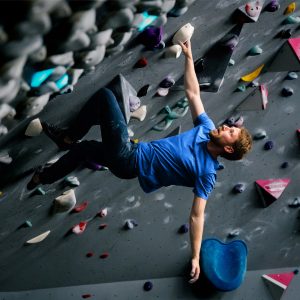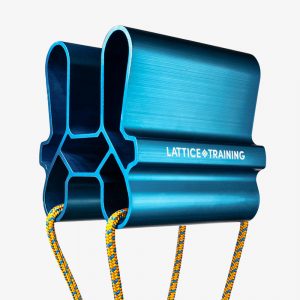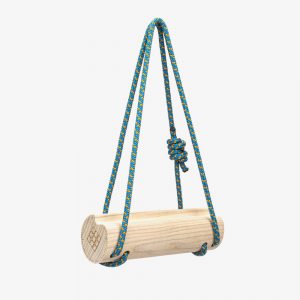Josh’s Top 5 Lessons Learned About Training
It is the final week in our ongoing series of Top 5 Lessons Learned About Training from the Lattice coaching team. This week, we have Josh Hadley, who is not only a coach but also a Research Associate at Lattice. Josh has a BSc in Sports Science and also spent one year coaching and climbing in British Columbia, Canada, where he coached youth competitions and was the Head Coach in Squamish for the lead and difficulty season of 2019. Josh’s tips will not only improve your training efficiency, but he advocates some essential life rules like the importance of rest, recovery and discipline. Read on for more from Josh.
“If you want to get better at anything, first assess where you are.”
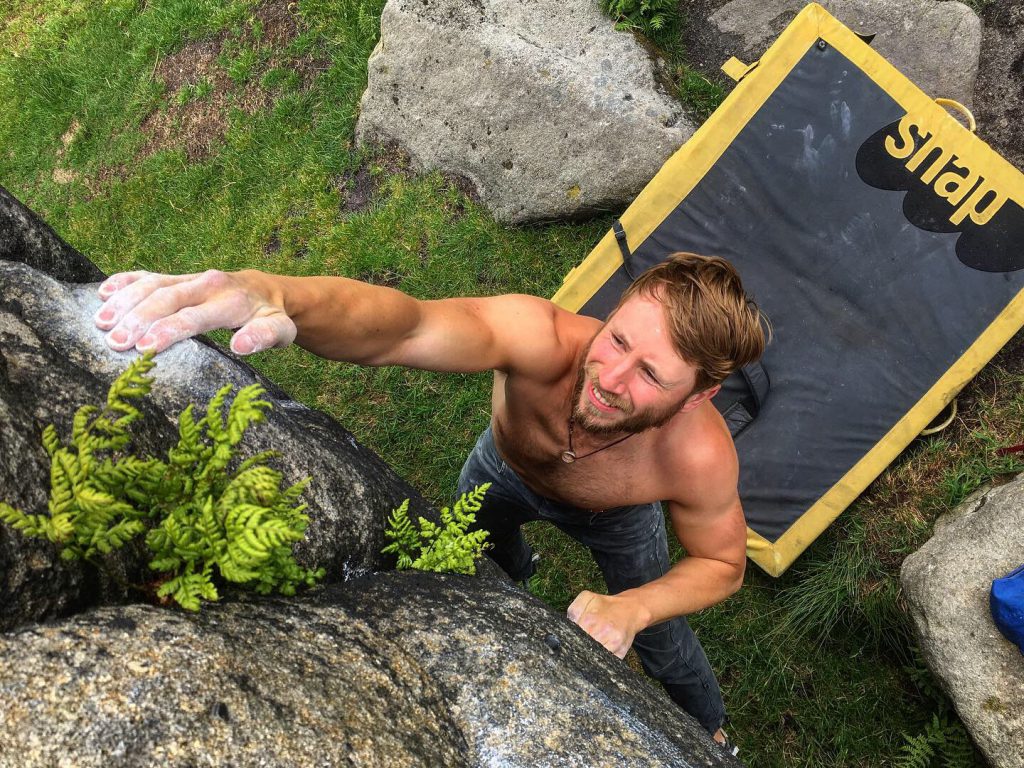
1. Test-Retest
You may have heard the quote “If you can’t measure it, you can’t improve it”. This comes from the world of business, but this applies to sports too. Lattice Training may be most well-known for its assessments and measuring of finger strength, but monitoring training, recovery and fitness is done in almost every performance sport and for good reason. If you want to get better at anything, first assess where you are. This allows you to plan your path; training priority, exercise intensity, training goals etc. Watch out for comparing yourself to other individuals; you should be re-testing at regular intervals to monitor if you are improving and ensure you are following progressive overload.
2. Rest can be the hardest training session
Rest is recovery, recovery is training. Personally, I find it hard at times to give myself enough rest because I am always psyched to climb or train. However, when we are resting, we are making all our gains. That is why we need to balance the stress + rest question to not only avoid plateau, overtraining and injury, but to optimise performance increase. Super-compensation is the theory that describes this relationship and is the backbone of any periodised training plan.
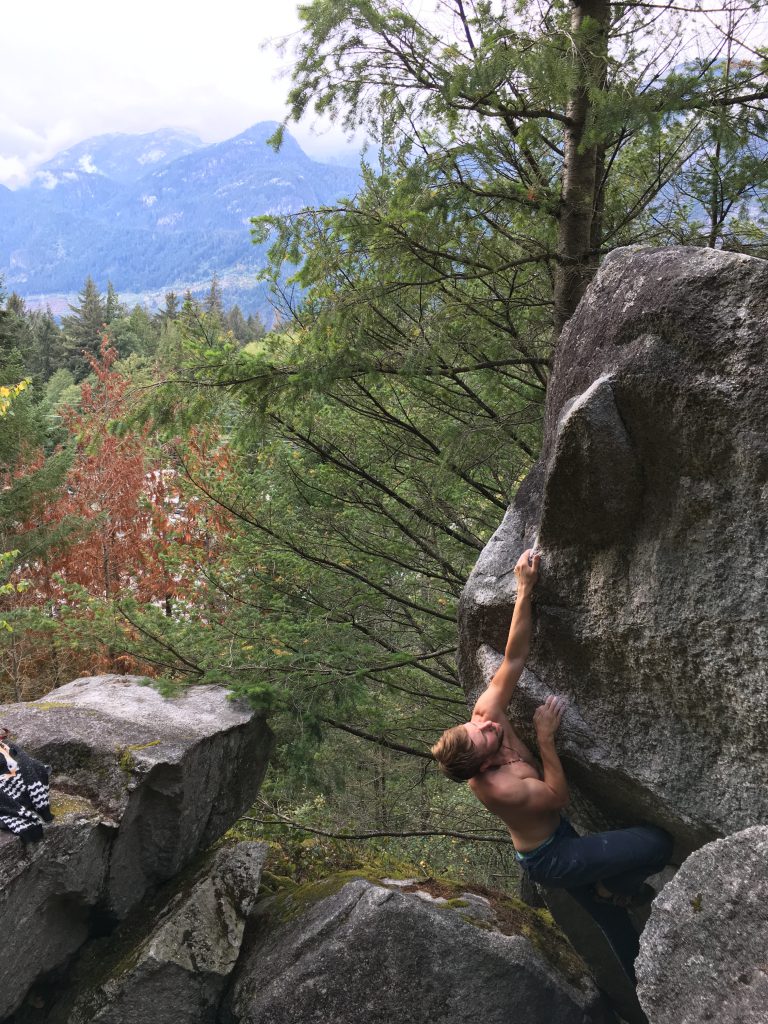
3. Training principles apply to most aspects of climbing and life
In the past, I was an impatient boulderer putting in big sessions with inadequate rest between attempts when climbing outside. Adding structure to my training sessions taught me to rest more and put in better quality attempts. I have also put myself through some stressful work periods without taking time off (or weekends) to recover and got close to burning out. Being disciplined with rest and recovery in training has transferred to other aspects of my life, and improved not only my climbing but also my lifestyle.
“Being disciplined with rest and recovery in training has transferred to other aspects of my life, and improved not only my climbing but also my lifestyle.”
4. Support a peak period and be energy specific
Your ability to perform in a peak will depend on the work you put in before hand. A good chunk of the year should be put into developing the strength and energy systems that provide a base for performance. I’m a big advocate of a polarised training approach, which tapers into performance and energy system specific intensity around peak periods.
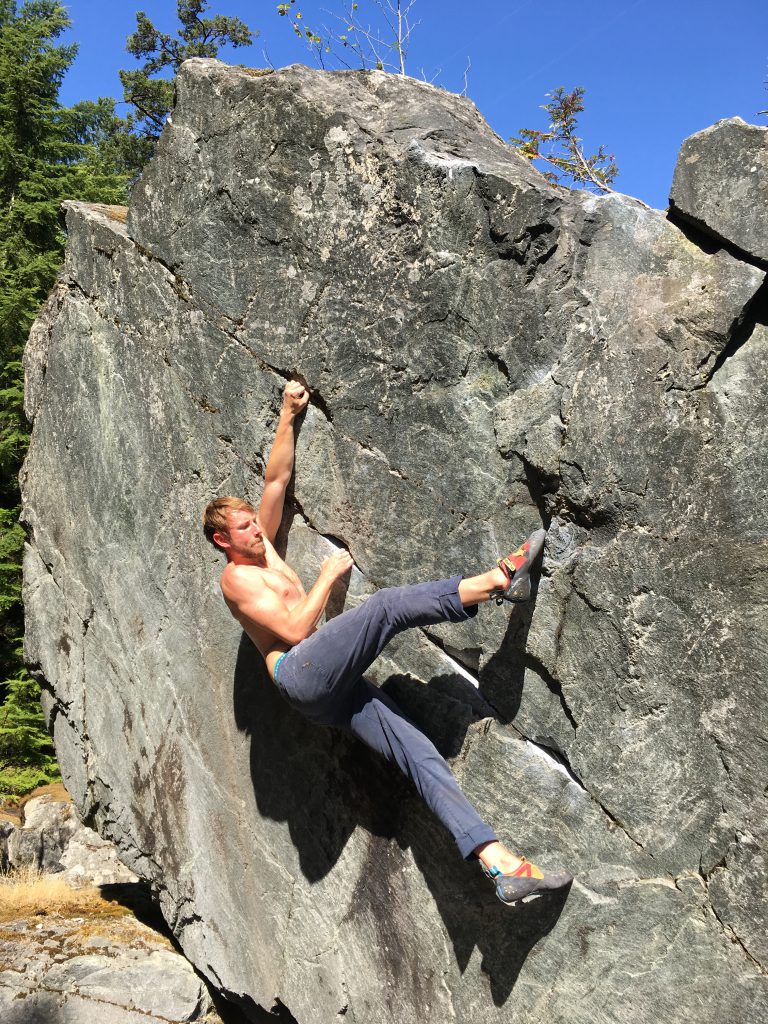
5. Optimise the effectiveness of cross-training
Cross-training is quite clearly becoming more popular in climbing, which I think is great. I advocate climbers being general athletes before we are climbing athletes. This is a great way to improve training tolerance and reduce injury risk. Exercises like deadlifts are great but they should be used as a supporting exercise. They won’t directly make you a better climber. Throughout your macrocycle, find ways to transfer general exercise to sport specific exercise around performances. Think about movement patterns and the force-velocity curve.
“Why strive for the 1% gains from a new exercise strategy when you could get 10% from sleeping more?”
Bonus: Human first; Athlete second
Time and time again, we see climbers struggling with training, recovery or injury and it almost always comes down to every day life factors. We should all prioritise sleep, diet, activity and general health before we expect to make big gains in our sports. It’s easier said then done, I know! However, if you get these basic factors working in your favour, you’ll see a boost in performance. Research has shown remarkable performance increases in elite sports performance by changing these basic health practices. Why strive for the 1% gains from a new exercise strategy when you could get 10% from sleeping more? Work on changing one habit at a time like getting an extra hour sleep a night. If you try to change it all at once, your chances of sticking to any one thing drops massively.
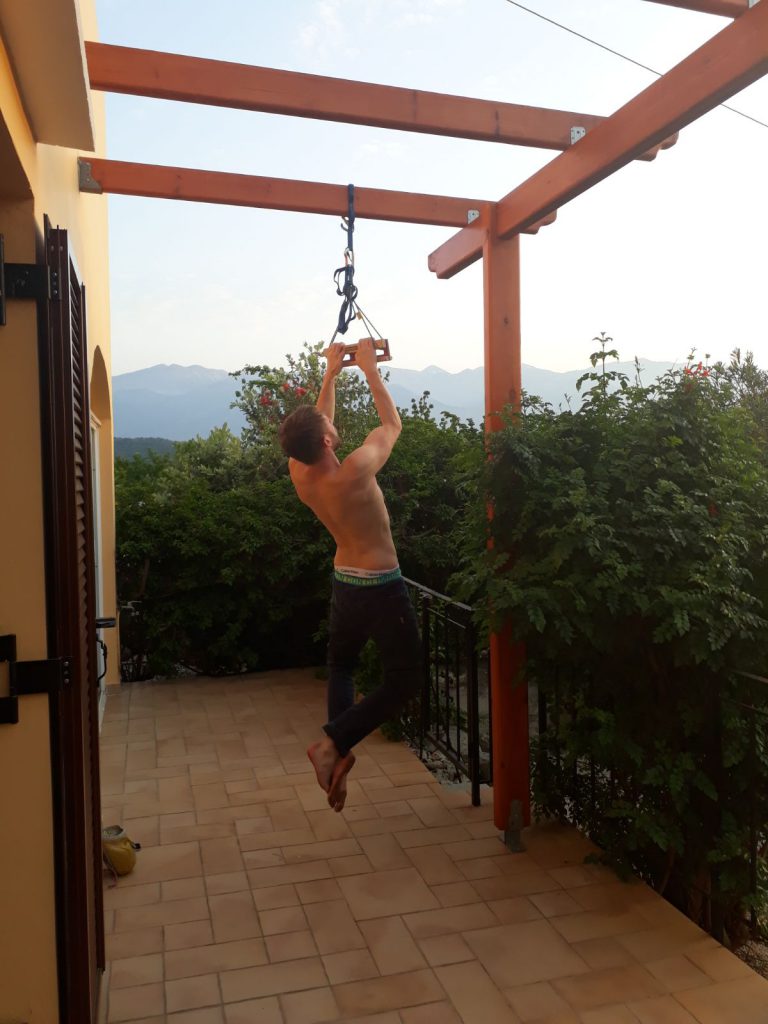
Keep up to date with the Lattice blog for upcoming features from the rest of our coaches. Check out our Training Plans if you’d like to start your own plan with the Lattice team!

